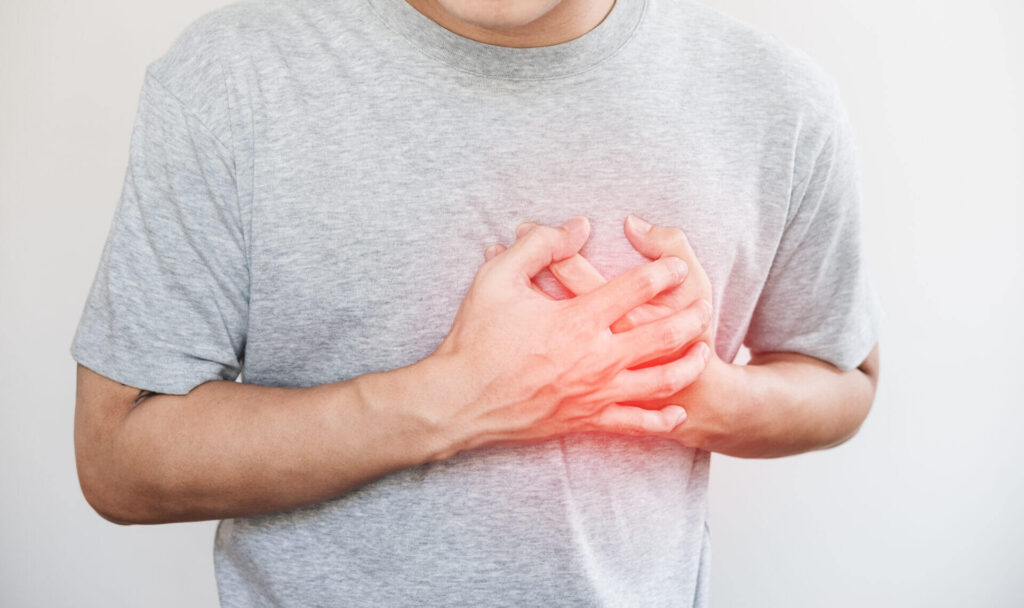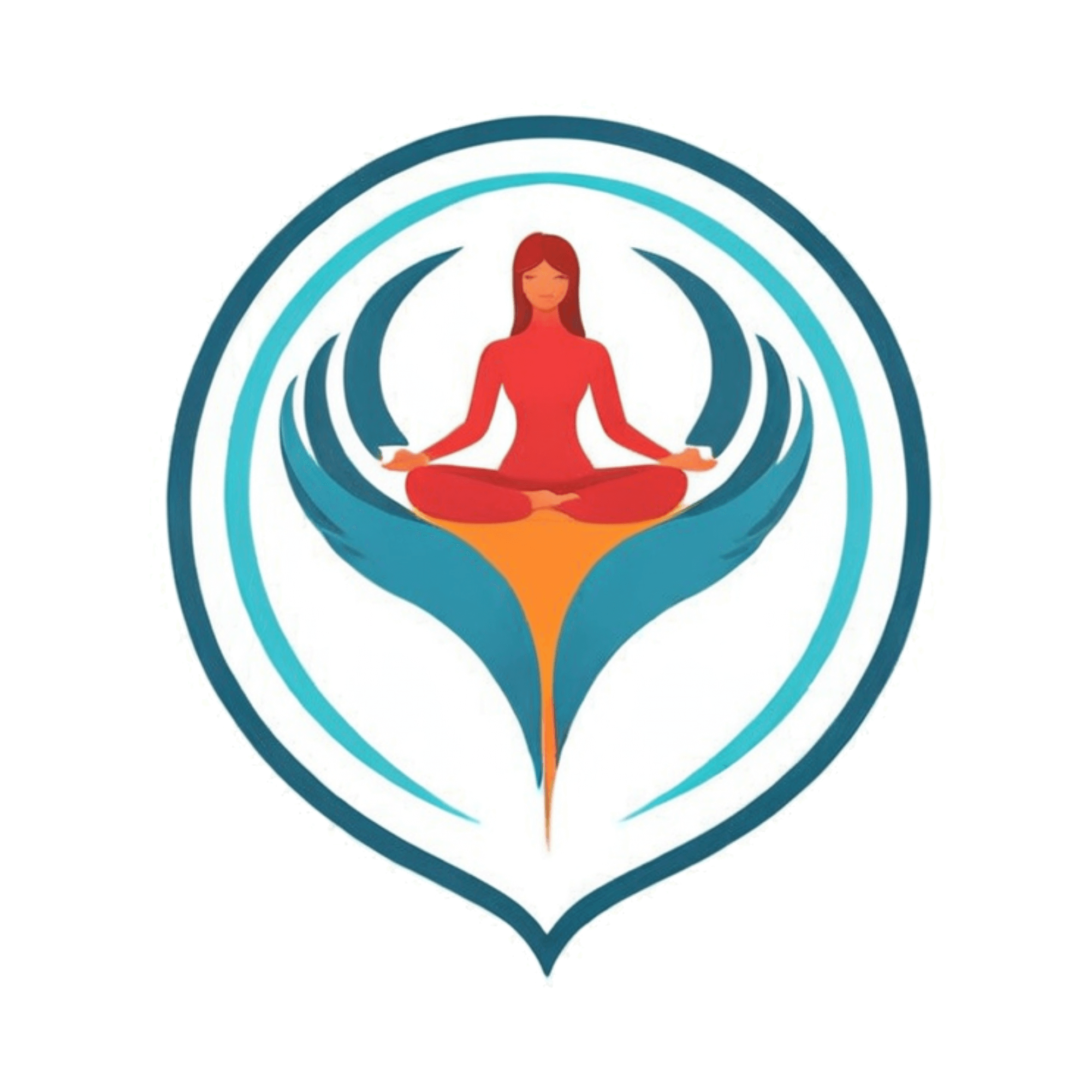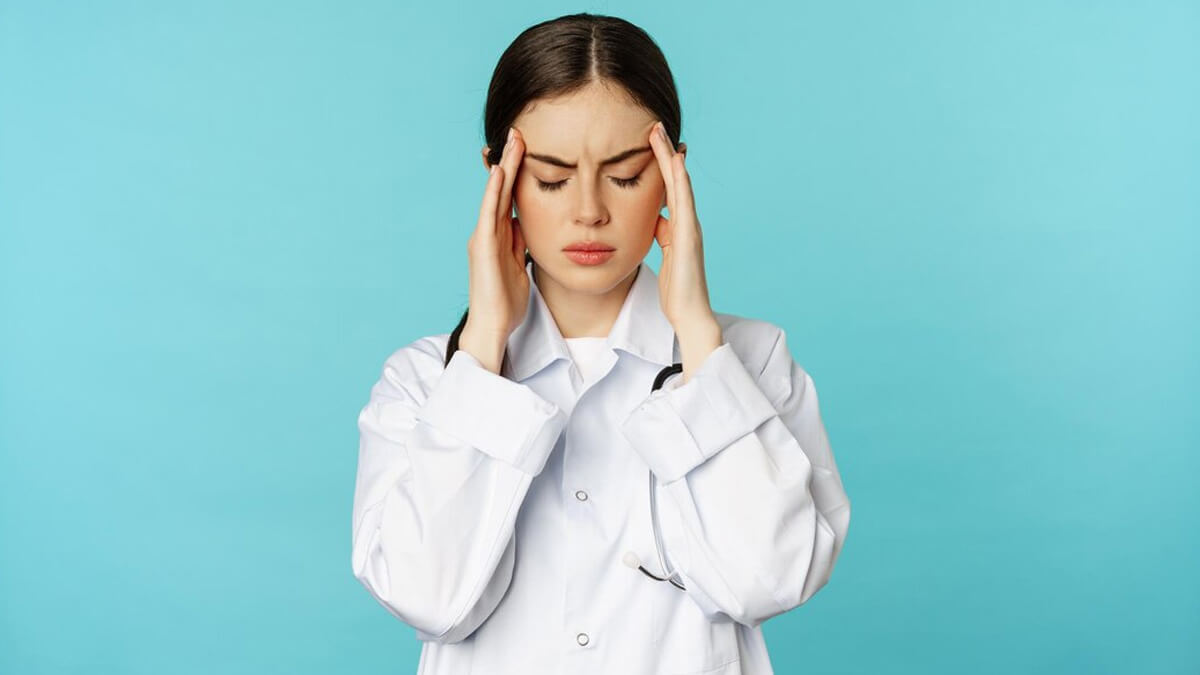1. Introduction to Stress and Body Aches
In today’s fast-paced world, stress has become a common companion. Whether it’s due to work pressure, financial concerns, or personal issues, stress has a profound impact on both our mental and physical well-being. While stress is often recognized as a mental and emotional challenge, it can manifest physically as well, causing discomfort in the form of muscle aches, tension, and even joint pain.
So, can stress cause aches? The short answer is yes. Stress activates the body’s natural defense mechanisms, often leading to muscle tension and physical discomfort. In this guide, we’ll explore how stress affects the body, why it causes aches and pains, and what you can do to manage stress-related physical symptoms.
2. How Stress Affects the Body Physically
When we experience stress, our bodies initiate a series of physiological responses to prepare us for a “fight-or-flight” reaction. This response, driven by the release of hormones like adrenaline and cortisol, is designed to help us confront or escape perceived dangers. However, chronic or ongoing stress can disrupt this natural process, leading to physical symptoms.
The Science of Stress
The release of cortisol, the body’s primary stress hormone, triggers various physical reactions. While short bursts of cortisol are essential in responding to immediate threats, prolonged stress keeps cortisol levels elevated, which can cause muscle tension, inflammation, and weakened immunity over time. This process can result in muscle stiffness, fatigue, and a general sense of physical discomfort.
The Mind-Body Connection
The mind and body are intricately connected, and mental or emotional stress can easily translate into physical pain. For instance, when you’re stressed, you might clench your jaw, tighten your neck and shoulder muscles, or experience digestive issues. Over time, these small physical reactions to stress can accumulate, leading to aches and pains throughout the body.

3. Can Stress Cause Muscle Pain and Body Aches?
Yes, stress can indeed cause muscle pain and body aches. This occurs because, under stress, muscles contract and tense up as a protective response. While this is harmless in short bursts, chronic muscle tension due to ongoing stress can lead to persistent pain, particularly in areas like the neck, shoulders, and lower back.
When muscles are continuously tense, they are deprived of oxygen and nutrients, which can lead to soreness, spasms, and aches. Stress can also aggravate existing pain conditions, such as fibromyalgia, which makes muscles and joints more sensitive to pain stimuli.
4. Common Physical Symptoms of Stress
Stress can present itself in various physical symptoms beyond just body aches, impacting everything from muscle health to immune function.
Muscle Tension and Pain
Muscle tension is one of the most immediate physical reactions to stress. This often affects the neck, shoulders, and back, where tension is commonly held. When muscles are perpetually contracted, they become sore and painful, contributing to what many refer to as “stressed muscles.”
Joint Aches and Body Pain
Chronic stress can also lead to pain that feels like joint aches or stiffness. Prolonged stress increases inflammation in the body, which can exacerbate joint discomfort, especially in individuals who already have arthritis or similar conditions. Over time, this can lead to joint stiffness and a feeling of heaviness or discomfort in the limbs.
Cold-like Symptoms
Interestingly, stress can also weaken the immune system, making you more susceptible to infections and illnesses, including colds. A weakened immune response makes it easier for viruses and bacteria to take hold, so if you find yourself getting sick or feeling fatigued under stress, this is likely due to the immune-suppressive effects of chronic stress.

5. Why Stress Causes Muscle Pain and Body Aches
Stress can cause pain and aches through several mechanisms:
- Inflammation: Chronic stress leads to inflammation, which can cause pain, joint stiffness, and muscle discomfort.
- Increased Cortisol: Cortisol affects how muscles function, leading to chronic tension and reduced recovery times.
- Poor Sleep: Stress often disrupts sleep, which is crucial for muscle repair and recovery. Lack of sleep exacerbates muscle soreness and body aches.
These factors combined create a physical response to mental stress, resulting in aches and pains that can impact daily life.
6. Recognizing the Symptoms of Stress-Related Pain
Stress-related aches can be hard to distinguish from other types of pain, but common indicators include:
- Persistent muscle tension in the neck, shoulders, or back.
- Sudden onset of pain or aches after stressful events.
- Muscle spasms or twitches that worsen during stressful periods.
- Increased sensitivity in joints or muscles without a clear physical cause.
If you’re experiencing these symptoms along with high stress levels, it’s likely that stress is contributing to your physical discomfort.
7. How to Relieve Body Aches Caused by Stress
Managing body aches caused by stress requires both reducing stress levels and addressing physical pain. Here are some effective techniques:
Stress Management Techniques
- Exercise: Physical activity, such as yoga, cardio, or strength training, helps release endorphins that naturally reduce pain and relieve stress.
- Meditation and Deep Breathing: Practicing mindfulness and deep breathing exercises can help lower cortisol levels and reduce muscle tension.
- Adequate Sleep: Ensuring you get quality sleep allows muscles to recover and reduces stress levels, which can prevent pain from accumulating.
Physical Therapies
- Massage: Professional or self-massage can alleviate muscle tension and improve blood flow to sore areas.
- Stretching: Regular stretching, especially after a stressful day, can relieve tension in muscles and reduce aches.
- Physical Therapy: If stress-related pain is severe, a physical therapist can help design an exercise and relaxation program to relieve chronic pain.
Home Remedies
- Heat Therapy: Warm showers, heating pads, and warm compresses help relax tense muscles.
- Epsom Salt Baths: Magnesium in Epsom salts can relieve muscle soreness and calm the nervous system.
- Gentle Yoga or Tai Chi: These activities are excellent for reducing stress, improving flexibility, and relieving physical tension.

8. When to See a Doctor
While stress can often be managed with lifestyle adjustments, chronic pain that doesn’t improve may warrant a professional evaluation. If you have persistent body aches, muscle pain, or joint stiffness that doesn’t respond to self-care, it’s important to consult with a healthcare provider. They can help rule out other potential causes and recommend treatment options for managing stress and its physical impacts.
9. Conclusion
Stress doesn’t just affect the mind—it can lead to real, physical pain. From muscle tension and joint aches to fatigue and immune suppression, stress has far-reaching consequences for physical health. By understanding the impact of stress on your body, you can take proactive steps to manage it, relieve aches, and restore a sense of balance.
If you’re ready to take control of stress-related aches, explore relaxation techniques, consider physical therapies, and consult with a healthcare provider if needed. Remember, managing stress effectively isn’t just beneficial for your mind but for your body as well.
Read more:

